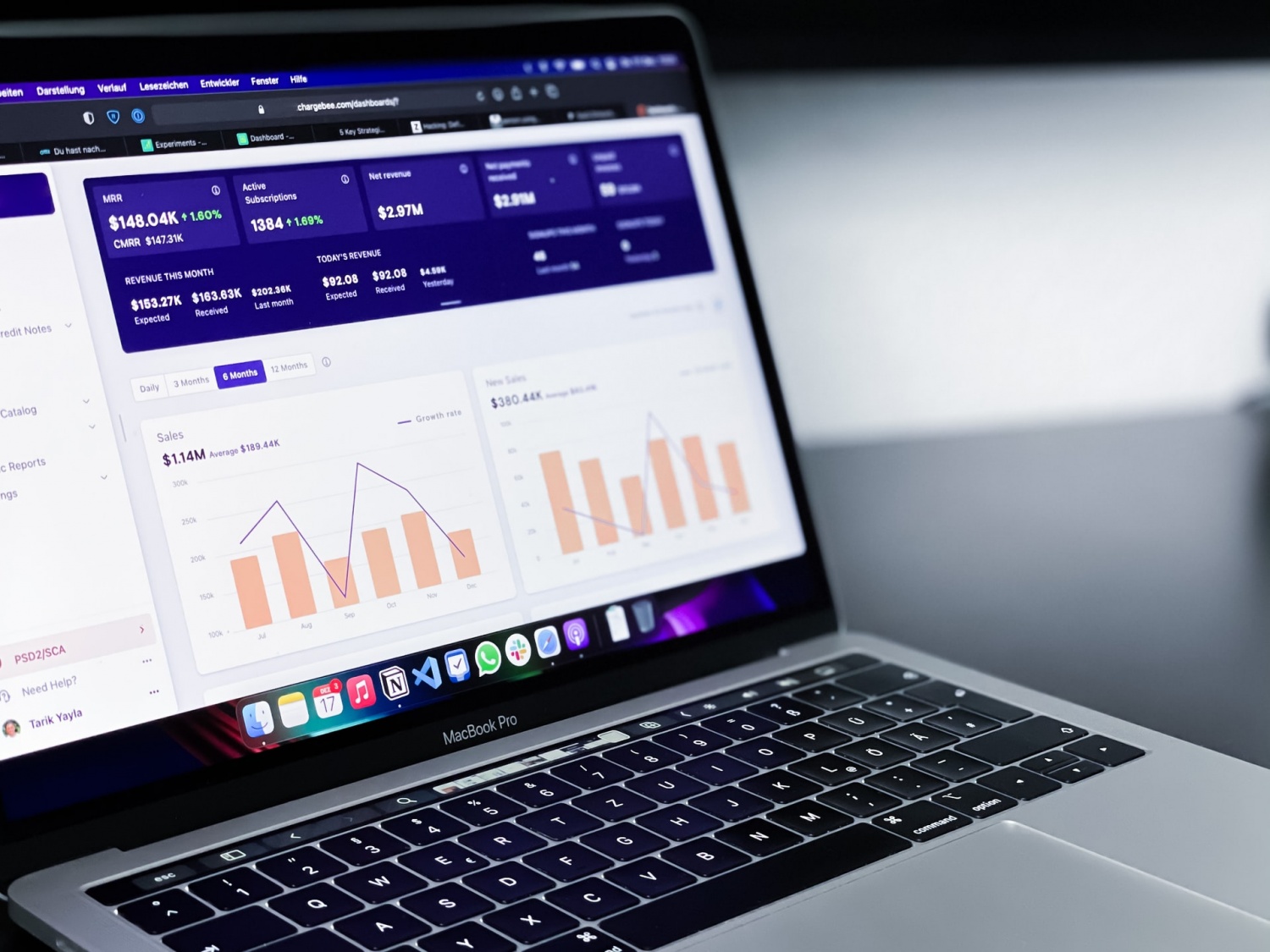
There is no doubt that data is important for businesses. In fact, it is one of the most important factors for companies to succeed, as data-driven decisions are key to making informed and effective strategic choices for businesses. Data allows businesses to understand their current and potential customers better. By analyzing data, businesses can better understand what products and services to offer, what marketing strategies to use, and how to price their products and services. In addition, data can help businesses track customer satisfaction and loyalty, as well as identifying areas where they can improve.
Data is also important for making decisions about where to allocate resources. By analyzing data, businesses can see which products and services are most profitable and identify areas where they can make improvements. Additionally, data can help businesses understand customer behavior and preferences so they can make better decisions about where to open new stores or expand their business.
Ultimately, data-driven decisions are essential for businesses to succeed, and as more and more businesses turn to data-driven decision-making, the demand for analysts is only going to continue to grow. This article takes a look at the future of analytics and what it holds for those who want to enter the field or use it for their business. Keep reading to learn more.
A Definition of Analytics
Analytics is the practice of examining data to find trends and patterns. This data can come from a variety of sources, including website traffic, social media, sales data, and more. Analysts use this data to make informed decisions about how to improve their business. Analytics can be used to improve all aspects of a business, from website design to marketing to sales. Analysts and business owners can use data to identify what is and isn't working and then make changes to improve their results.
To get the most accurate insights into analytics, businesses can take advantage of analytics platforms. So, what is an analytics platform? An analytics platform is a software system that collects, organizes, and analyzes data to help businesses understand their customers and operations. The platform can provide insights that help businesses make better decisions, optimize their marketing and sales efforts, and understand their customers' needs and behaviors. The features of an analytics platform vary depending on the vendor, but common features include the ability to track website and marketing campaign performance, gather and analyze customer data, and identify trends and patterns. Many platforms also offer reporting and visualization tools to help businesses easily understand the data.
When selecting an analytics platform, it is important to consider the needs of your business. The platform should be able to collect the data you need, provide the insights you need, and be easy to use. There are a number of different analytics platforms available, so be sure to do your research to find the one that is best for you.
The future of analytics is looking very bright. With advances in technology and the ever-growing popularity of data-driven decision-making, businesses are able to gather and analyze data at unprecedented speeds. This is allowing organizations to gain new insights, make better decisions, and improve their performance in ways never before possible.
Big Data
(Photo : NASA on Unsplash)
One of the most exciting aspects of the future of analytics is the continued growth of big data. With the increasing availability of data from a variety of sources, including social media, the internet of things, and machine-generated data, businesses are able to gain a more comprehensive understanding of their customers, operations, and markets. This allows them to identify opportunities and trends that would otherwise be hidden in traditional data sets. Every day, organizations are collecting more data than ever before, and as the amount of data continues to grow, the need for powerful analytics systems to make sense of it all is becoming more urgent.
Fortunately, big data analytics is evolving to meet the needs of today's businesses. Innovative new technologies are making it possible to process ever-larger data sets more quickly and efficiently. In addition, advances in data visualization are making it easier to see the insights hidden in big data sets. As big data analytics continues to evolve, it will become an even more important tool for businesses of all sizes. In particular, big data will be essential for organizations that want to stay competitive in today's rapidly changing economy.
Artificial Intelligence
(Photo : Possessed Photography on Unsplash)
Another trend that is expected to have a major impact on the future of analytics is the increasing use of artificial intelligence (AI). In recent years, artificial intelligence (AI) has been experiencing a resurgence, thanks in part to new and powerful hardware, such as GPUs, and the increasing availability of data. This resurgence has made AI a key area of focus for analytics, and for good reason. AI has the potential to dramatically improve the accuracy and efficiency of analytics.
There are a number of ways in which AI can be used in analytics. For example, AI can be used to improve the accuracy of predictions by identifying patterns that are too difficult for humans to see. AI can also be used to automate the process of data preparation, eliminating the need for human involvement. This can speed up the process of getting data ready for analysis and lead to more accurate results.
AI can also be used to improve the accuracy of data analytics by identifying errors in data. For example, if there is a mistake in the data, AI can identify and correct it. This can lead to more accurate results and can help to avoid costly mistakes. Further, AI can be used to improve the accuracy of data analytics by helping to identify which data is most important, which can help to focus the analysis on the most important data for more accurate results.
Streaming Analytics
(Photo : Tyler Franta on Unsplash)
Streaming analytics is also becoming one of the most important and fastest-growing technologies in the world. Streaming analytics can be used for applications such as fraud detection, real-time marketing, and website optimization. Streaming analytics differs from traditional batch processing in that it allows for faster decision-making and more accurate results since there is less time for data to become stale. In addition, streaming analytics can be used to identify patterns and correlations that would be difficult to detect with traditional methods.
Overall, analytics is a crucial part of business success. By tracking and analyzing data, businesses can identify trends, understand customer behavior, and make more informed decisions, which can help businesses stay competitive and improve their bottom lines.





